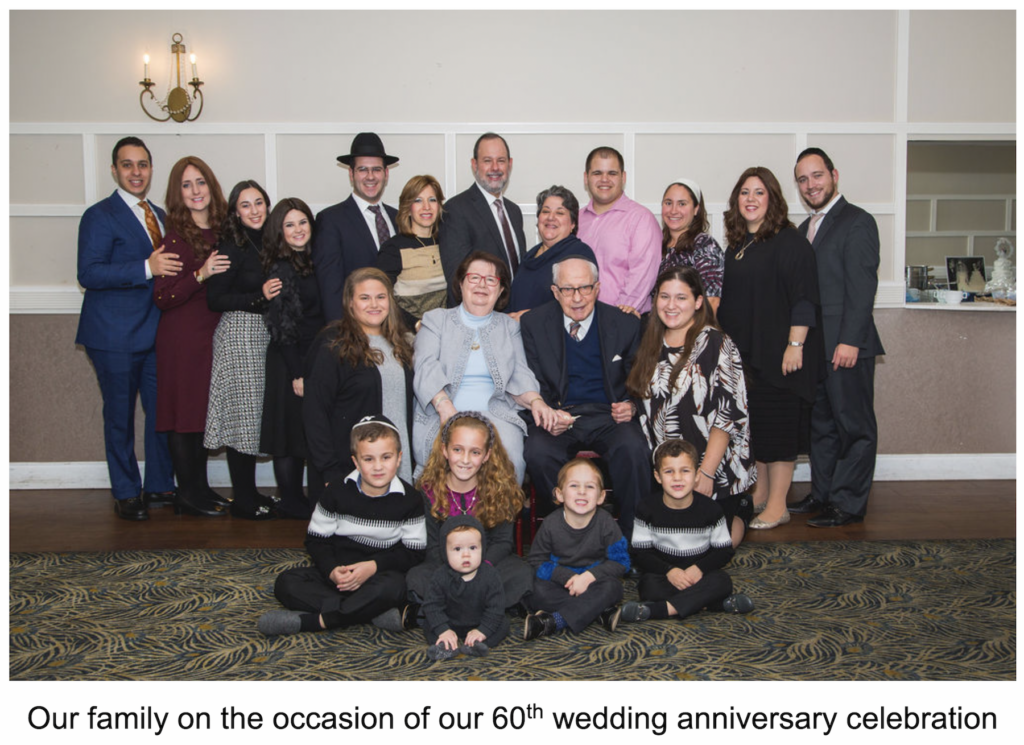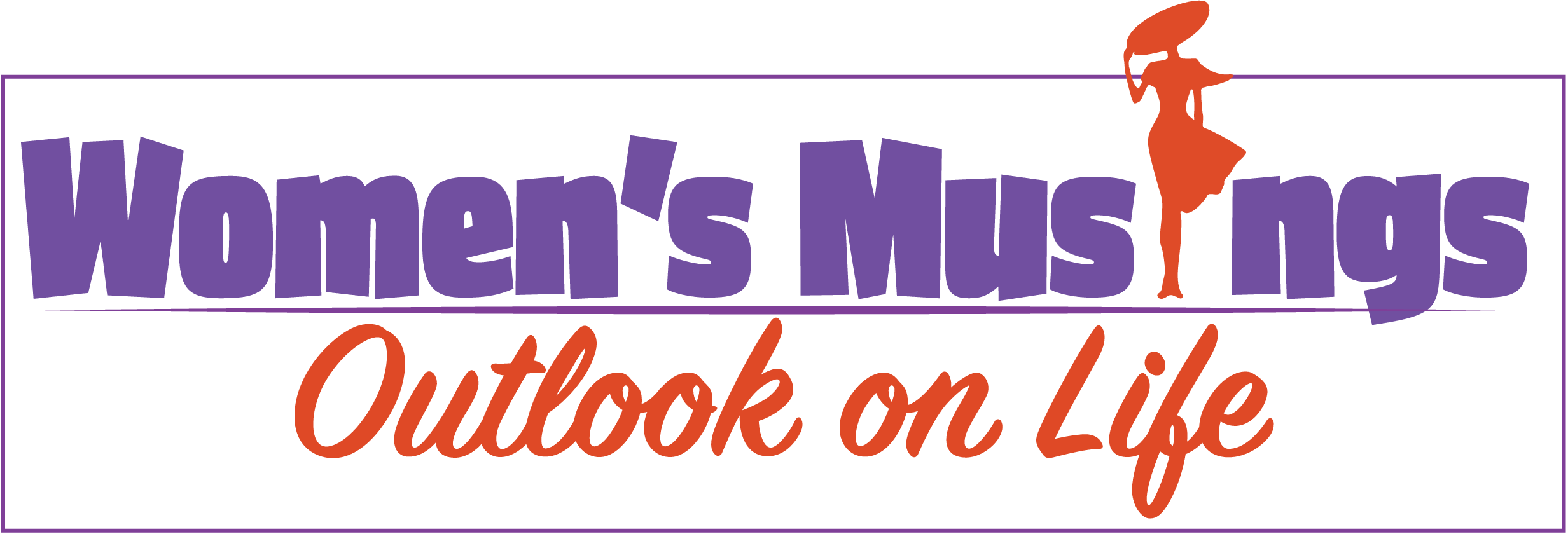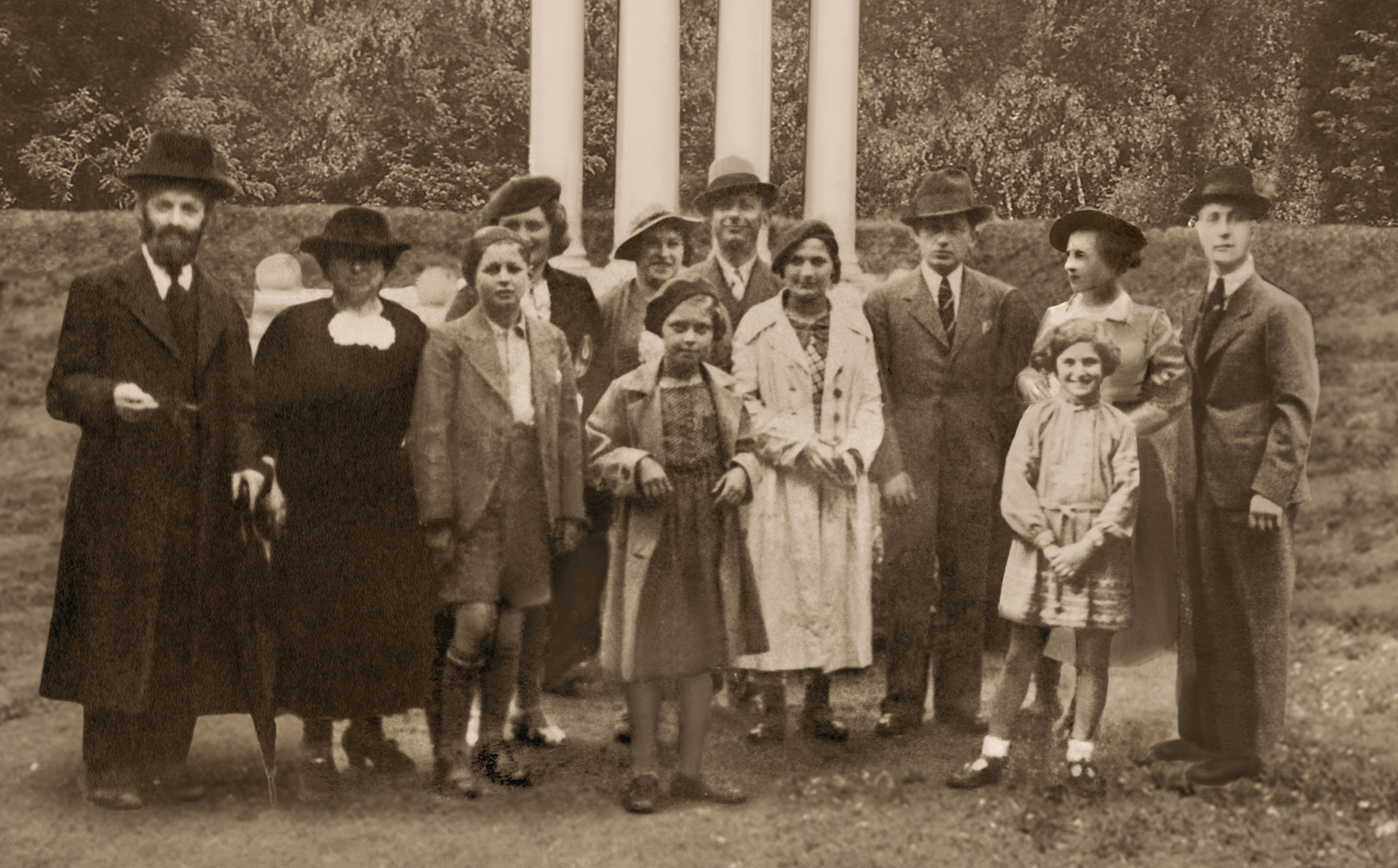I Survived
Adapted from my published memoir
“Amazing Journey, Metamorphosis of a Hidden Child” 2010
“I survived” is a powerful statement, evoking many different emotions. When you think or hear the word “survivor” all kinds of images and events spring to mind. Positive ones− there was a pleasant ending; and negative ones − a life threatening event had occurred. Usually the danger was the result of an accident, a natural disaster or a serious illness.
For me the word indicates the person managed to stay alive during a man-made upheaval – be it in Cambodia, Africa or under Nazi occupation. That word also evokes strong reactions among Holocaust survivors. Who can legitimately call him or herself “survivor?” Some claim you have to have been in at least one concentration camp while others include anyone displaced by the anti-Jewish decrees of the Nuremberg Laws and the Nazi persecution.
I was born in Tarnów, Poland in March of 1940, a few months after the German invasion. For almost half a century, I struggled with the word “survivor.” I kept denying that the Holocaust had had any impact on me. It never occurred to me to consider myself a survivor. After all, had I not been told over and over again that I was so lucky to have been so young and that I did not remember anything and could not be considered a survivor?
My only memories of that time consist of unrelated scenes and sounds: Mobs… shouts… locomotive whistling… steam engine hissing… people pushing, trying to get on to the train. A garden… trees… a white rabbit in a cage… bullets flying through the window… crouching down on the floor… running to the basement… bombs exploding… a soldier standing outside the open door of our house, a rifle in his hand.
I am a “baby survivor” of the Holocaust, and I did not know I was Jewish until I was seven years old. Nor did I know that the man I called “uncle” was my biological father.
He was a unique individual. He managed to guide himself, my mother, and me, through the war years with minimal outside help. The three of us survived only because to his ingenuity and guts. He always managed to stand on his own two feet, and pulled himself up by his proverbial boot straps twice within two years after liberation.
My mother was a heroine in her own right. She managed to “hide on the surface” and blend into the Polish population together with me − her two-year-old daughter and later hide her husband in our one room apartment in Warsaw.
After the war we moved from Poland to Belgium to Germany and I moved to England to finish my education. I went to school in four different countries, being instructed in four different languages. I changed schools nine times and graduated high school at seventeen.
I spent most of my teenage years in Germany, one of two Jewish girls in a German public girls-only high school. At home I was swamped with stories of Nazi atrocities, in school I was surrounded by children of those who could have been its participants.
My parents, who never really had had a chance to build a sound foundation in the early years of their marriage, were not able to do so now either. My father and mother could not get together to establish a secure home environment. I became my mother’s counselor, friend, and confidant. The situation was becoming unbearable.
Those years in Germany stand out in my mind as bittersweet (more bitter than sweet). I had no friends, I remember spending my weekends with American movie magazines; cutting out pictures and gluing them in notebooks, writing to my favorite stars in Hollywood and hoping I would not be forced to take a Sunday ride with my parents and their friends. Being alone was preferable to that.
I was also often the unwanted center of attention when some of my parent’s survivor friends visited. I remember one day a man came to see my parents. He was someone they had known before the war in Poland. Throughout his visit, even when talking with my parents, he would gawk at me. It made me very uncomfortable. I could not imagine why he was doing this. After he left, I asked “Why was this man staring at me like this? Did I do something wrong?” “No,” answered my father, “you did nothing wrong, but he had a little girl about your age who was killed during the war. So, he could not help himself but look at you and wonder how his daughter would look like now.”
It felt creepy. What did I do to deserve to live? Why was I alive and this man’s little girl was not? What did I have to do (or should not do) to deserve this privilege? Of course, I did not know it at the time, but what I was experiencing is so-called “survivor guilt.” It was a feeling I had for a long time, well into my senior years.
At 19, I married an American Army Chaplain, and was a mother of two at the age of 23. I accompanied my husband back to the US − home for him but a new culture with different traditions, mores, and “Weltanschauung” for me. I was the foreigner, the “greenhorn,” I did not belong. I also had to overcome the antagonism of most of my husband’s family.
Looking back, I realize how young and inexperienced I was. How much I would have to grow up, how many obstacles and problems I would have to overcome, and how difficult it was for me to surmount my insecurities. I had to transform an introvert and shy girl into a Chaplain’s wife, a mother, a Rebbetzin in a small Pennsylvania town and finally the wife of a prominent community leader.
But – I made it. I survived. As I reflect back on the last 60 years of married life, I feel only gratitude to Hashem for having granted me a wonderful husband, two children, eight grandchildren, and eight greatgrandchildren who will pass on our precious Jewish heritage and traditions.

Read more by Felicia Graber.


Felicia, I loved reading your story. So tough, yet touching. At the photos! Wonderful
Thank you for this very personal story. You and your family were blessed to survive and I am glad to know you,you have not only survived but you have thrived. Blessings to you and your family always.
Amazing!